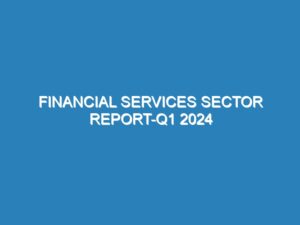The transformations include
1.Industrial revolution-This created structural changes in the methods of production and social relationships.Traditional paterns declined in Europe especially England and France.This led to the emergence of a powerful class which challenged feudal and aristocratic classes.This social classes began to question their place in the developing capitalist system.Consequently feminist thinking was influenced by the bourgious revolutions,which had led to the growth of political ideas based on equality.
2.The 18th century was characterized by politics of confrontation with absolute monarchies, aristocracy and political oppression.Liberal feminists aspirations for women’s political equality was fueled bin the capitalist US and France by the very democratic political ideas.This resulted to evolution and spread of the suffragettes movements in the UK and USA.Liberal feminism has never questioned structural inequalities in the society and despite having fought for the rights and opportunities for a long time.It doesn’t adequately challenge new feminists views of inequality neither does it pinpoint relations between the sexes as specific power relations.It therefore tends to perpetuate the status quo.
It however has had a greater impact on development strategies and blends well in the modernization of paradigm especially in south Africa.The oppression between modernization paradigm which has had a very narrow and static perception of development process considered as having resulted from primitiveness of the African culture and social values.Most anthropological studies were located within the modernization paradigm.This modernization of the economy was considered necessary for the liberation of women because it was supposed to have led to the introduction of new values and social norms and ideas in favor of women’s liberation.
Nationalist governments have challenged anthropological approaches to gender issues,nationalization did provide a point of departure to Liberal feminism but nationalist parties and governments encouraged the creation of women’s party wings whose function was to mobilize support for the male dominated politics.They have encouraged and created women’s wings of the dominant political parties whose thrust is to solicit support for the male dominated societies.Liberal feminists in the national framework have been fighting for redistribution of health,work,education ,legal status and higher standards of living.They maintain that education is unfair to females since it limits their access and retention in certain fields.Education for girls and women is thus considered an investment and probably higher economic returns than boys and men especially in production and health.Liberal feminists have further compromised women’s rights to access to productive assetsand right to life and liberty for welfare oriented services.
They have ignored the gender inequities and instead concentrated child rearing roles of women.Ignorance about existing unequal divisions of labor contributes to the increased workload, which has been a major subject of criticism by feminists who have been challenging liberal feminism.There is an equity approach,which is the welfare approach on women’s issues.The latter ignores the structural gender inequities and consequently demand a rare radical transformation of gender relations through theequity approach.Equity challenges existing societal injustices and existing discriminatory legal systems.It also recognizes that women are active participants in the development process but have been marginalized in production and reproduction resulting in income inequalities.In 1970,the world bank changed its policy fromenhancing economic growth per se to reduction of poverty.This has its limitations as most projects have only increased the woman’s backlog thus little attention has beenpaid to issues of social justice,empowerment and equal entitlement of women.The liberal feminists have been criticized y the radical feminists.







